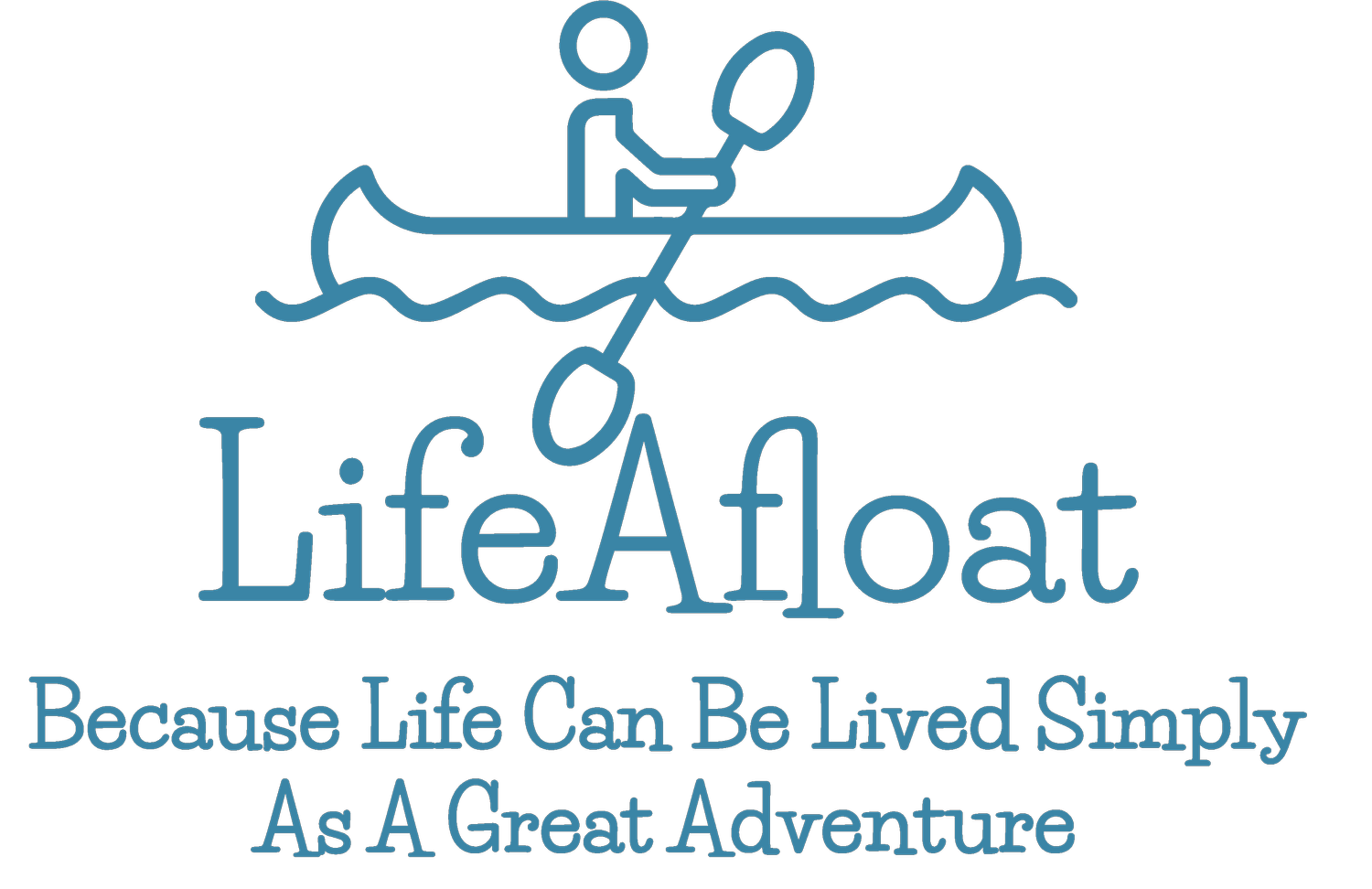Easing Covid 19 Restrictions - Responsible Activity
/This blog entry has been inspired by a Twitter encounter I had when I recently expressed my hope I would soon be kayaking again when the Covid 19 restrictions are incrementally eased here in Scotland. Thankfully, much to my relief, the Scottish First Minister Nicola Sturgeon has confirmed undertaking a non-contact outdoor leisure activity is now allowed and this includes kayaking.
The Scottish Government current advice for Exercise and activity can be found here.
The pertinent lines from the advice for me are as follows. You should use judgement and take part in any activity only if you can do so safely, maintaining physical distancing and not putting yourself or others at risk. It is important to plan in advance and not take unnecessary risks that may result in the need for medical care or emergency services support.
What I like about this instruction is the invitation for me to make my own mind about what constitutes a risk and how to undertake my kayaking activity safely. The communication is from one adult to another. As someone who has placed personal safety at the top of my consideration when sea kayaking, I feel pleased that this is accounted for. Of course the Scottish Government do not know me personally and they were not directing their advice directly at me, but the adult nature of their missive leads me to feel welcomed out into the world again, as someone who is trusted to play my part. Likewise too, Scottish Mountain Rescue welcome people back into the mountains again, as long as they follow the guidelines of not travelling excessive distances to reach the hills. Their advice can be found here.
They even answer the question, “Should I feel guilty if I need to call MR (mountain Rescue)?” No, accidents happen, we would be concerned if you didn’t call us. We are here to help, not judge. Remember in an emergency in the outdoors call 999, ask for Police, then Mountain Rescue.
The R.N.L.I. advice in Scotland is more circumspect and parental in its tenor. Stop. Think. Stay Safe. Just because the lockdown restrictions are being relaxed, this does not mean our coasts are safe. The dangers that have always been there remain. Please exercise locally, avoid taking risks, and do not travel to the coast. Do not put yourself, your family and emergency services at risk by taking risks or assuming it ‘won’t happen to you’. (Source: Facebook RNLI Scotland Information).
My motivation for reengaging with sea kayaking is borne out of a desperate personal need. My mental health thrives on my ability to immerse myself within the natural world where I feel healthily physically and mentally challenged. In personal development parlance we call this ‘Peak Experience’. This is where my innate kayaking skills and wisdom allow me to engage with the activity and the wild realm safely and enjoyably. I am able to face significant challenges without risk to my personal safety with the outcome of my wellbeing enhanced.
Given the extraordinary circumstances of the Covid 19 threat, I do not view the fulfilment of my personal mental health needs in isolation. I fully understand the consequences of me making a mistake out at sea may require the involvement of rescue services coming to my assistance and thus, putting them and myself at risk of the transference of the virus. To ensure I avoid any prospect of this occurring, I will set my kayaking goals to fit well within my level of experience and knowledge. There are a wide range of considerations I normally take into account when deciding whether to put to sea in my kayak, even accounting for the possibility of the unexpected. Ascertaining the hazards and the resultant risks is a dynamic process for me when I’m kayaking (or any other outdoor activity for that matter). All the time, I’m assessing the level of acceptable risk to enable me to enjoy moments of serendipitous peak experiences when out in my kayak. In the diagram, I work with my level of skill and ability to meet the appropriate level of risk and challenge to ensure I do not stray into the realms of irresponsible activity. The higher the risk and challenge, the higher the skill level I require.
For example; if the forecast is for winds of force six and above with moderate seas and I’m feeling physically tired, the risks and challenges are higher. Because I am tired, my ability will be reduced. This means the choice of route and duration on the water will need to match my ability with the conditions, if at all. In this example, given the extraordinary nature of the Covid 19 threat, I would probably decide not to go kayaking. However, with light winds and calm seas the story will be different, even if I may be feeling tired.
Being allowed to make personal judgements with regard to my sea kayaking invites me to pay closer attention to all the factors which influence a safe, enjoyable and rewarding time out on the sea. I do not feel I am being treated as a person incapable of maintaining my personal safety. I understand the hazards involved in sea kayaking and that too, the unexpected may happen. All the time I will be prepared to assess the risks and have the ability to resolve even major issues for myself, only seeking outside assistance as a last resort.
I will not be kayaking with a light and carefree attitude because despite the consideration of avoiding the unnecessary involvement of rescue personnel, I am mindful of the ultimate sacrifice thousands of people have made during this dreadful pandemic and the tragic aftermath for their families. I will be respectful and in my own way rejoice what life has to offer so that their loss is not in vain.

